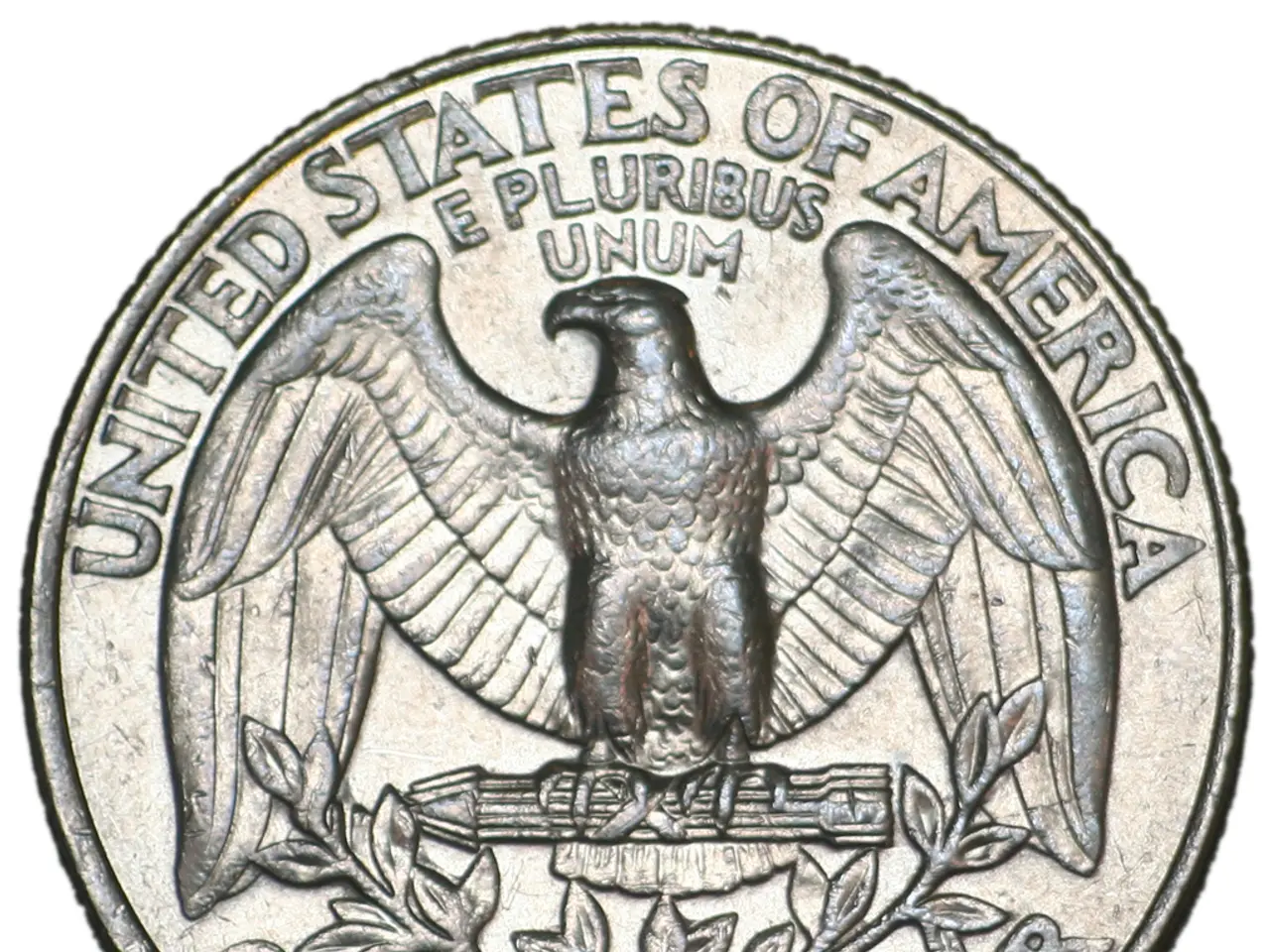Digital Currencies Deemed as Securities by the Securities and Exchange Commission
In a significant move, the Securities and Exchange Commission (SEC) has declared that many Initial Coin Offerings (ICOs) have violated federal securities laws. The primary transgressions include unregistered securities offerings, selling to ineligible investors, fraudulent marketing, and misrepresentations about the nature and risks of the tokens [1][3][4].
These actions, according to the SEC, are a breach of the Securities Act of 1933 and the Securities Exchange Act of 1934, which mandate registration or an exemption to legally offer or sell securities to the public [1][3][4]. Tokens sold in ICOs often share characteristics with securities and are traded on secondary markets by speculators [1].
The SEC treats most ICOs as securities offerings, making them subject to federal securities laws that require registration or an exemption, investor protection through disclosure, and anti-fraud obligations [1][4]. The SEC's increased scrutiny aims to ensure compliance with these laws and protect investors from potential fraud [1].
Looking ahead, the SEC is planning to regulate ICOs and digital assets through a comprehensive framework. This includes the CLARITY Act, which amends federal securities laws to grant the SEC jurisdiction over certain digital assets, such as stablecoins and digital commodities [2]. The act aims to clarify regulatory boundaries between the SEC and the Commodity Futures Trading Commission (CFTC) and establish rules for dual registration of entities dealing with both securities and commodities [2].
Another key piece of legislation is the GENIUS Act, which governs the issuance and treatment of permitted payment stablecoins and sets policies for enforcement, including the ability to block or freeze certain transactions by stablecoin issuers [2][5]. The SEC is also expected to enhance anti-fraud enforcement and investor protection measures applied to ICOs and digital asset exchanges.
Cooperation agreements (memorandums of understanding) between the SEC and CFTC will also be established to avoid duplicative regulations for entities working with both securities and commodities [2]. This collaborative approach will help ensure a consistent regulatory environment for digital assets.
Regulatory enforcement is not limited to the federal level. State-level enforcement is also on the rise, as illustrated by state lawsuits alleging violations of state securities laws when federal enforcement is absent or dismissed [3].
Despite the regulatory crackdown, the unregulated market that allowed entrepreneurs to become instant millionaires through ICOs remains a concern. The new laws do not address this issue directly [1].
In Russia, the Finance Ministry has published a draft law "On Digital Financial Assets" to regulate cryptocurrencies and ICOs. The new law stipulates that all trading will be done via cryptocurrency exchanges that are registered in Russia according to the new draft law [6]. However, it remains unclear whether this will deflate the ICO bubble in Russia or if businesses will continue to pursue them overseas.
The SEC's ruling may deflate the ICO bubble in the United States, but it does not stop businesses from pursuing them overseas. The price of Bitcoin and Ethereum, two popular digital coins, fell 10% today due to the SEC ruling, and there will likely be more volatility ahead [7].
The SEC's ruling does not clarify if Bitcoin and Ethereum, two popular digital coins, will be considered securities under the new regulations. Many other digital coins appear to be securities, subjecting them to federal regulation [1].
The SEC report does not list which ICOs are securities, and these decisions will be made on a case-by-case basis [1]. Social media platforms like Facebook, Messenger, Twitter, Pinterest, LinkedIn, Whatsapp, or email are not mentioned in the new laws [1].
In conclusion, the SEC's increased scrutiny of ICOs and digital assets marks a significant step towards regulating this sector. The new laws aim to clarify regulatory boundaries, enhance investor protection, and ensure market integrity. However, the unregulated market and the potential impact on businesses overseas remain areas of concern.
- The SEC's increased scrutiny of Initial Coin Offerings (ICOs) and digital assets signifies a move towards investing in these areas with more regulatory oversight, as the SEC aims to ensure compliance with federal securities laws [1].
- As many ICOs are treated as securities offerings by the SEC, tech companies and startups may need to consider the implications of the Securities Act of 1933 and the Securities Exchange Act of 1934 when planning to offer or sell ICOs, as they may require registration or an exemption [1].




